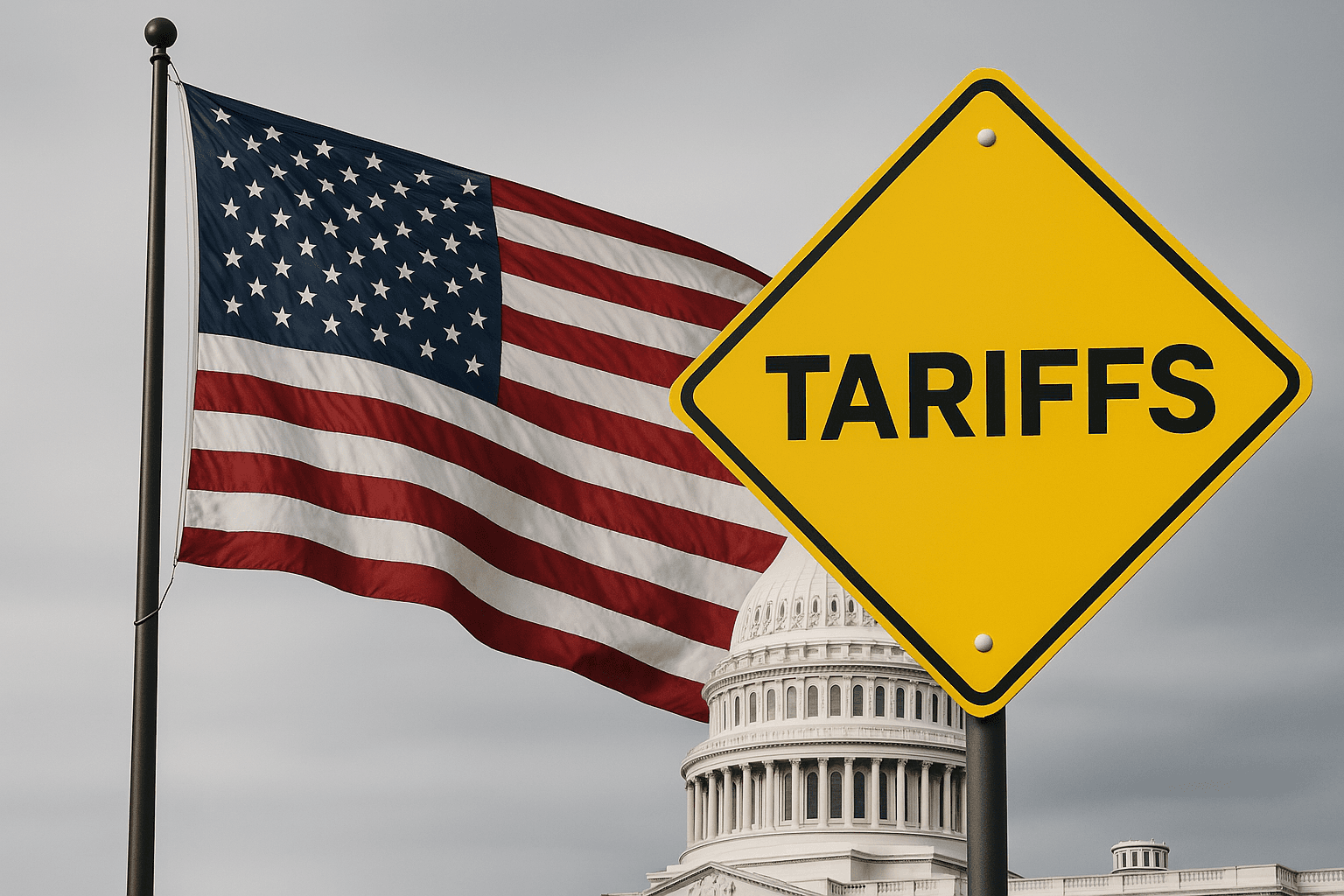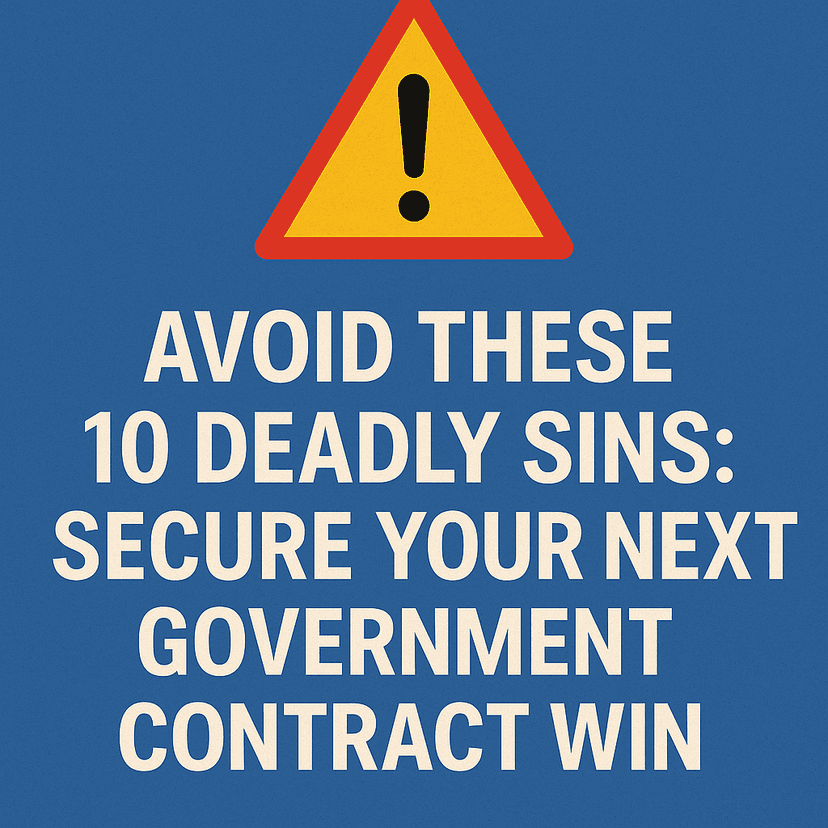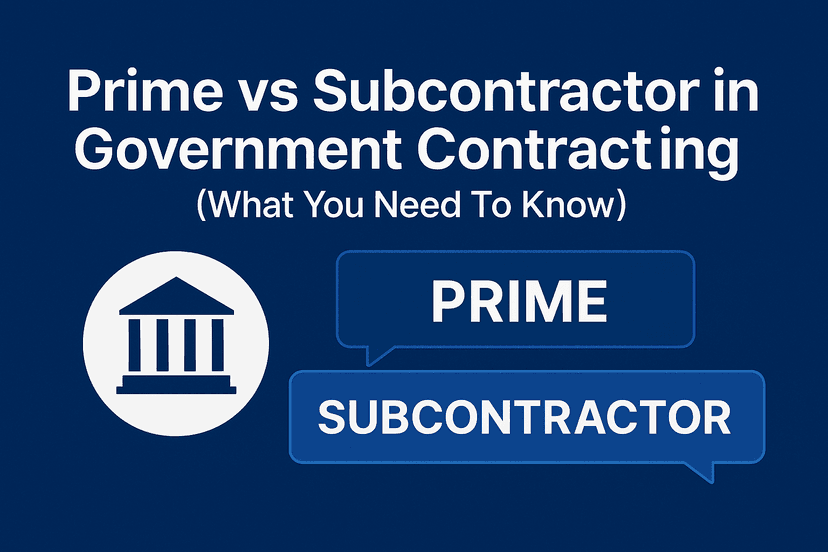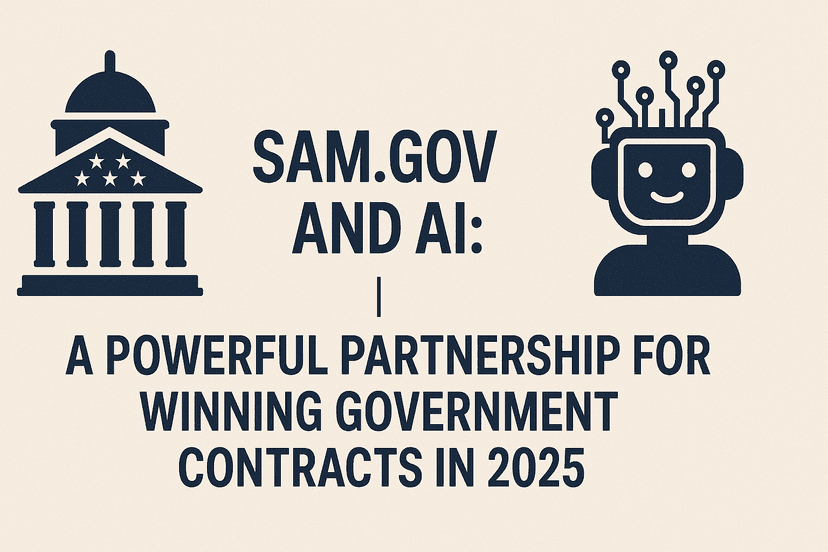Navigating Tariff Turbulence: Strategies for Government Contractors & Businesses

How tariffs will impact government contracts Instantly
Tariffs. The word alone can conjure images of complex trade negotiations, unexpected cost hikes, and tangled supply chains. For businesses, especially those involved in government contracting, tariffs aren't just headlines – they're real-world challenges that can significantly impact procurement costs, compliance requirements, and overall competitiveness.
But like navigating any complex regulation, understanding the landscape and having the right tools can turn anxiety into action. Let's break down how tariffs affect businesses, particularly government contractors, and explore proactive strategies to mitigate their impact.
What are Tariffs and Why Do They Matter?
Simply put, tariffs are taxes or duties imposed on goods imported from other countries. Governments might implement them for various reasons – to protect domestic industries, generate revenue, or address trade imbalances. Whatever the reason, the result for businesses often includes:
-
Increased Costs: The most direct impact is higher prices for imported materials or components.
-
Supply Chain Disruptions: Tariffs can make previously reliable international suppliers less viable, forcing companies to find alternatives.
-
Compliance Headaches: Especially for government contractors, tariffs intersect with complex procurement rules like the Buy American Act (BAA) and Trade Agreements Act (TAA).
The Specific Impact on U.S. Government Contractors
For companies bidding on or fulfilling U.S. government contracts, tariffs add another layer of complexity. Key areas of concern include:
-
FAR/DFAR Compliance: The Federal Acquisition Regulation (FAR) and its defense supplement (DFARS) include rules about domestic sourcing preferences (like the BAA and TAA). New tariffs can complicate compliance, potentially requiring shifts in sourcing strategies to meet requirements while managing costs.
-
Contract Price Adjustments: Unexpected tariff costs can erode profit margins. Contractors should carefully review their agreements for clauses that might allow for economic price adjustments due to unforeseen cost increases like new tariffs. Knowing if you can request a modification is crucial.
-
Competitiveness: Increased costs due to tariffs can make bids less competitive if rivals have found ways to mitigate these expenses.
Strategies to Mitigate Tariff Risks
Feeling overwhelmed? Don't be. Proactive planning can make a significant difference. Here are key strategies:
-
Evaluate Supply Chain Alternatives: Don't rely solely on suppliers in tariff-heavy regions. Explore domestic options or suppliers in countries not subject to the same tariffs. Diversification builds resilience.
-
Engage in Contract Review: Scrutinize your government and supplier contracts. Look specifically for clauses related to price adjustments, economic impacts, or 'force majeure' events that might cover tariff imposition. Understand your rights and obligations before costs hit.
-
Monitor Regulatory Changes: Trade policies aren't set in stone. Stay informed about potential tariff changes, exemptions, or updates to regulations like FAR and TAA. Reliable industry news sources and government announcements are key.
-
Strengthen Negotiation Strategies: Talk to your suppliers. Can you share the cost burden? Negotiate bulk discounts? Explore alternative logistics? Open communication and strong relationships can unlock solutions.
Ask SamSearch AI: Get Instant Answers on Regulations & Opportunities
Navigating FAR clauses, understanding potential price adjustments, or checking for specific duties within a government opportunity can feel like searching for a needle in a haystack. Manually sifting through dense contract documents or solicitation requirements takes valuable time away from strategic work.
That's where SamSearch AI comes in.
You can ask any question about a specific government opportunity, contract, or regulation and get precise answers in seconds. Instead of spending hours reading, let AI do the heavy lifting.
Try asking SamSearch AI prompts like these for your next opportunity:
-
"What FAR clauses related to the Buy American Act apply to this solicitation?"
-
"Are there provisions for economic price adjustments mentioned in this draft contract?"
-
"Summarize the DFARS cybersecurity requirements relevant to this opportunity."
-
"Does this solicitation mention any specific import duties or tariffs the contractor needs to account for?"
-
"Identify all clauses pertaining to supply chain sourcing or country of origin requirements in this document."
Imagine getting that information instantly, allowing you to focus on crafting a winning proposal or managing your contract effectively.
Conclusion: Stay Informed, Stay Proactive
Tariffs and complex regulations are part of the modern business landscape, especially in government contracting. By understanding the potential impacts, proactively reviewing supply chains and contracts, staying informed about regulatory changes, and leveraging tools like SamSearch AI to quickly find critical information, you can navigate these challenges effectively and keep your focus on growth and success.














